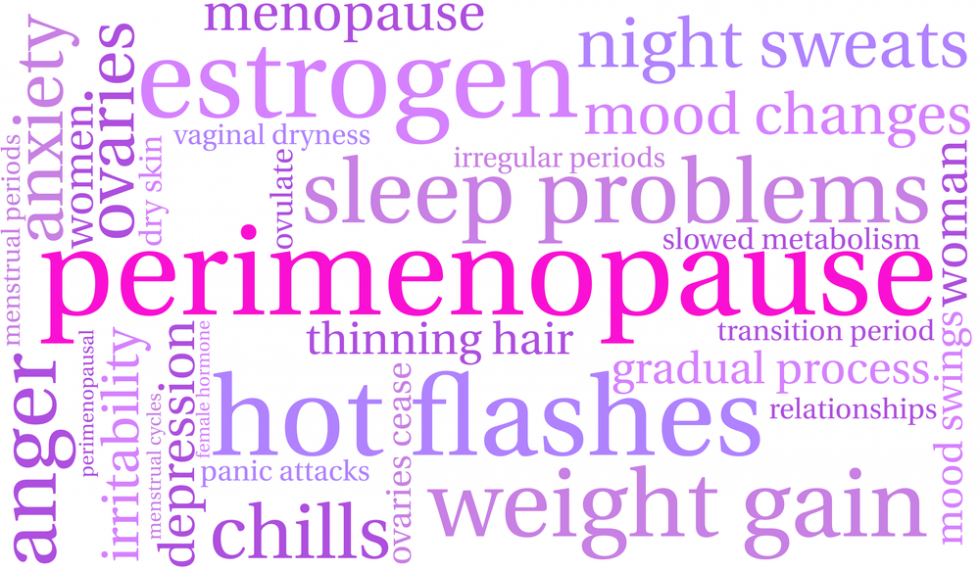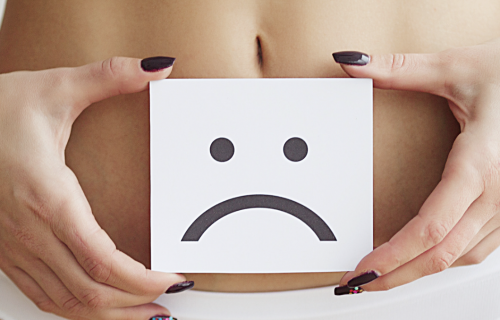
What Is the Difference Between Menopause and Perimenopause?
Most women feel a multitude of emotions about menopause. Many are naturally curious about the process and often have a number of questions, including: What is menopause? What is perimenopause? What is the difference between menopause and perimenopause?
Continue reading to learn about three three stages of menopause, including key distinctions between the first two phases – perimenopause and menopause.
What Is Menopause?
Menopause signifies the end of a woman’s reproductive years and generally is considered complete after a woman hasn’t had a period for 12 consecutive months. Once a woman reaches menopause, her ovaries have stopped releasing eggs and produce a minimal amount of estrogen.
The hormonal changes of menopause can result in a number of physical symptoms including hot flashes, night sweats, vaginal dryness, weight gain, decreased libido, difficulty sleeping, emotional changes, and dry skin, eyes, and/or mouth.
What Is Perimenopause?
Perimenopause is the time a woman starts having menopausal symptoms, but she is continuing her menstrual flow. And lasts until the complete cessation of her period. This stage is known as menopause.
Many women reach perimenopause in their 40’s and will experience a gradual decrease in estrogen production during this time.
What Is the Difference Between Menopause and Perimenopause?
What is the difference between menopause and perimenopause? This is an extremely common question, especially for women in their 40’s who are nearing the end of their reproductive years.
There are several key differences between perimenopause and menopause.
In general, during perimenopause, women still have periods, although the period may come irregularly. The period may change to being a very heavy period or an unusually light period. Estrogen levels and progesterone levels are gradually declining, and symptoms may occur. Pregnancy is still possible during the peri-menopausal time frame.
The time after periods have stopped is the final stage and is called post-menopause.
Learn More
For additional information about the difference between perimenopause and menopause, please call our office today to schedule a comprehensive consultation with board-certified gynecologist Dr. Melinda Hall




Add A Comment
You must be logged in to post a comment.